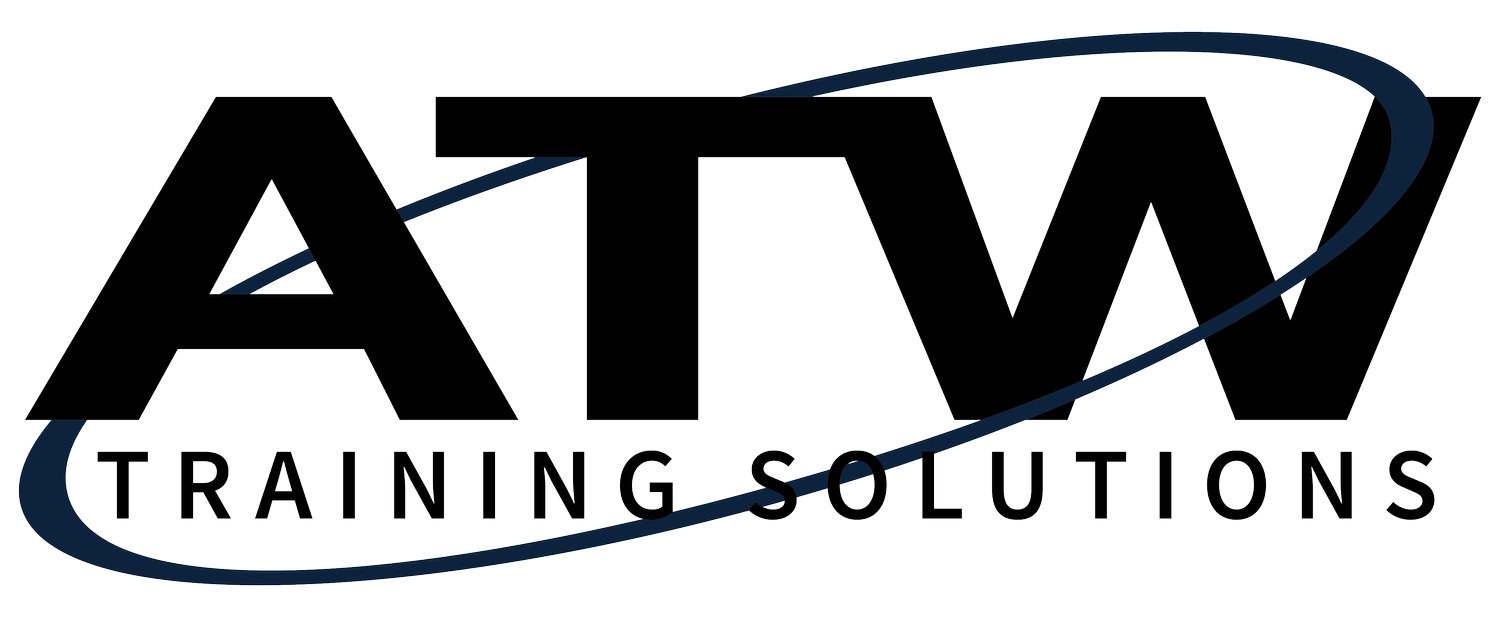As A Manager, It’s Always Your Issue
By Jennifer T. Long for Forbes
It comes with the managerial territory – anything having to do with your team, is your responsibility. The good, the bad, the…anything. That’s what responsibility in management means. But when you break it down with managers and talk about the individual team members and how each of them is performing things change. When your team or employee has delivered a bad result, or when you’ve got an under-performer, whose issue is it? I often ask this question at the start of training sessions, and, most of the time the resounding answer is: “It’s theirs!” My response to this is: “No, it’s not their issue. As the manager, it’s always your issue first. It’s your expectation until the other person owns it.”
Why It’s Your Issue
Being accountable is the ability to take ownership. When you have to hold someone accountable, the first question you must ask is: “What is my issue with this person and this situation? What are they doing or not doing that’s not working for me?” The second question should always be: “Was I clear about my expectations?” When I drive accountability by putting relationships first, this means I must own my role in the relationship first. It’s my job to set the expectation. Responsible management means it’s my job to be clear about what I’m asking someone else to do and how I’d like it to be done – that’s why the buck ultimately stops with the manager.
When we have a performance issue with someone, we are dealing with personal unmet expectations. As a result, we need to be clear about the personal expectation and how it’s not being met; this must be clear first before getting clarity from the individual(s) involved to fully understand the underperformance.
Related: Coaching & Feedback: Gaining Leadership Training for Employee Coaching
Accountability Begets Accountability
The truth is accountability applies in every direction. If you are aiming for a culture of accountability, that means you value and expect accountability down-line, peer to peer, and up-line to leadership. Merely looking to have down-line accountability or down-line and peer-to-peer accountability without expecting feedback or questions pointed in your direction (and upward from there) is not accountability; that’s hypocrisy, and everyone knows it.
The bottom line is this: You must own your own issue first if you expect to gain ownership from your direct reports, peers, or up-line managers. If you can’t own your own issue, then you are just looking to distribute blame. The need to blame comes directly from shame about what you did or didn’t do. And that need only fits with results-focused, depersonalized work. The need to blame is also how the “it’s not my fault” train gets going.
If we’re not owning our own issues, we’re setting ourselves up to be a victim of everyone else. Respected leaders who practice responsibility in management are those who embrace accountability not only for their team but for themselves as well. When employees see that their managers are willing to take ownership for missteps, they will take ownership as well.
